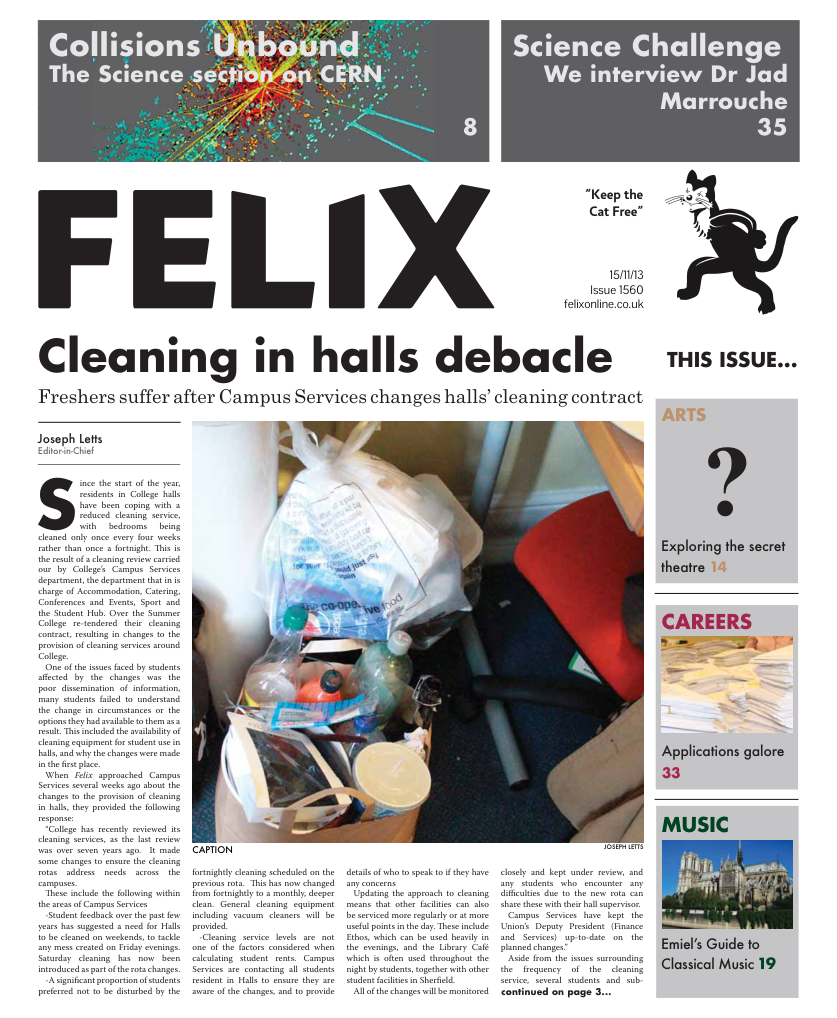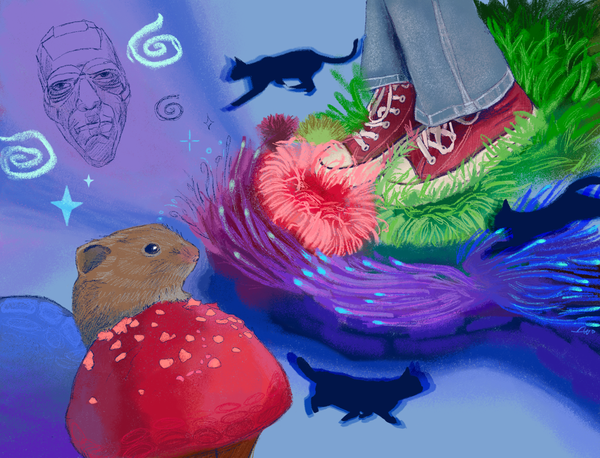“Grub first, then ethics”
Somewhere in the imposing tome, Less than Nothing, author Slavoj Žižek relates an anecdote about the attitudes taken by Bertolt Brecht and Dashiell Hammett in their respective McCarthy-inspired HUAC trials.
Somewhere in the imposing tome, Less than Nothing, author Slavoj Žižek relates an anecdote about the attitudes taken by Bertolt Brecht and Dashiell Hammett in their respective McCarthy-inspired HUAC trials. Brecht tells the factual truth but phrases answers in such a way to suggest that he is nothing more than an anti-fascist agitator. Hammett, on the other hand, is accused of managing communist organizations funds – of which he knows nothing. Despite this Hammett refuses to answer questions and is subsequently sent to prison. Žižek is trying to make is about truth’s nature. He claims that, even though Brecht cannot be accused of lying in terms of actual content (versus Hammett), Hammett is nonetheless the more ‘honest’ person. I endorse this interpretation, otherwise Žižek’s clarifications in the notes should illustrate the point. Žižek mentions a conformist philosophy teacher in the (then) communist Slovenia, who would tell his students with a ‘disarming smile’ that ‘I know I’m scum.’ The intention is obvious: by admitting the mistake in advance I am precluding any criticism for it. The situation is similar to Brecht who, when accused of cowardice, replied that he was ‘a writer, not a hero.’ One criticism I have of Žižek is that (perhaps) he missed a dimension. Brecht, by being dishonest in this roundabout way, demonstrated the more ‘objective’ truth of Brecht’s own ambiguous ethical-political position. Rather than being willing to endorse the Stalinist cause Brecht tried to get the best of both worlds, endorse the Party as a radical artistic figure/intellectual but never join it and really compromise himself morally by supporting a system and ideology as vicious and monstrous as Stalinism. Apropos the philosophy professor, is scum because of the attempted disavowal in his claim that he is scum. If he were a committed ideologue he would be mistaken, wrong – evil. This lowest state of ethical apologism, this pathetic example of Nietzsche’s slave morality which is in Badiou’s terms ‘beneath Good and Evil’ should be fully rejected. As Žižek viciously puts it ‘Stop trying to pretend you’re not scum by saying you are scum; you are scum!’ So, what was the point of the discussion above? Nothing much, if I’m honest. The ambiguity is fully captured in Brecht’s brilliant ‘Grub first, then ethics.’ With Brecht as Marxist we assume the message is ‘Don’t moralise to me with your petty ethics, I am dying of hunger. You, the bourgeoisie are the criminals for allowing this state of poverty to exist.’ Think of Trevelyan, criticising the Irish woman’s culinary repertoire in famine stricken Ireland. A small thought experiment allows us to see where this principle falls down. Think of the Eichmann or the equivalent Nazi mid-level bureaucrat. The Nazi middle classes, famous for their ethical self-justifications, latched onto such a ‘socially progressive’ view,feeling the need to ‘support their families’. Instead of this real Brecht we should recognise the greatness of the ‘fake persona’ Brecht. Brecht tells us the true way to fight a famine, ‘Hungry man, reach for a book: it is a weapon.’







